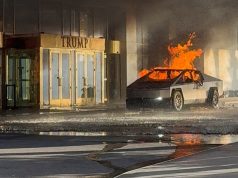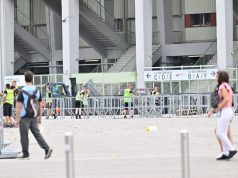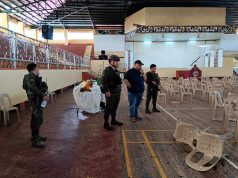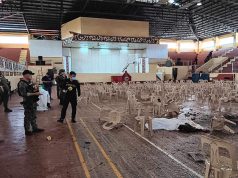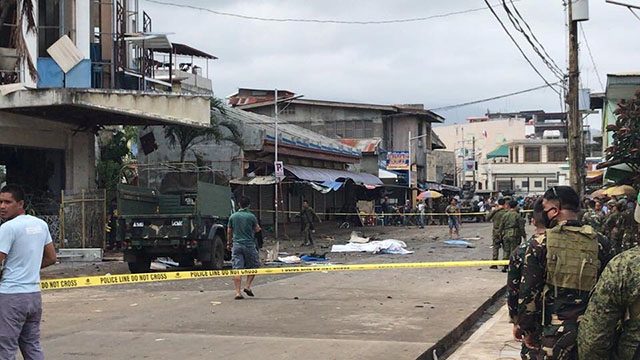
The deadly bombings at Our Lady of Mount Carmel Cathedral in Jolo, Sulu showed security lapses despite the implementation of martial law.
Two improvised explosive devices were detonated at the cathedral during Holy Mass in the morning of January 27. The explosions killed at least 20 people and injured 112 more.
Considered as the worst tragedy in recent years, questions were raised online on how the perpetrators were able to execute the attack while martial law is in place in Mindanao.
Martial law in Mindanao did not prevent the bombings at the cathedral in Jolo.
Tell me again that extending martial law there is a good thing. Sasampalin kita.
— Alma Anonas-Carpio (@JerriAC) January 27, 2019
Some Filipinos alleged that security forces became complacent and slacked off.
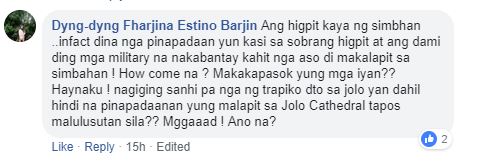

President Rodrigo Duterte first placed Mindanao under martial rule following the five-month siege of Marawi City in Lanao del Sur in 2017. It was extended until the end of 2017 and then another up to the end of 2018.
The attack happened just two days after the historic ratification of the Bangsamoro Organic Law, which will create the new Bangsamoro Autonomous Region in Muslim Mindanao or BARMM.
Slip-ups?
Presidential spokesman Salvador Panelo admitted the possibility of security lapses given that the incident happened even if the whole Mindanao is under martial law and additional troops have been deployed.
“We will have to investigate how it happened. There may be some lapses in security. How they were able to put there – is that a motorcycle with a bomb – despite the fact that there were soldiers securing the place,” Panelo said.
However, he did not say whether or not the security forces at the time of the attack will be made accountable.
“There is no other conclusion to reach. If you have security there and there is one or two bombs being placed inside, then there must be a lapse in security. There is no other reasonable conclusion,” he said.
Justice Secretary Menardo Guevarra also ordered the National Bureau of Investigation to conduct a parallel investigation by virtue of Department Order No. 21, wherein the bureau shall also submit progress reports of its own probe.
“Our NBI field operatives in Zamboanga have already been set to assist in the investigation, and additional law enforcement units have been deployed to hunt and bring the perpetrators to justice,” Guevarra said.
The Middle East-based Islamic State or ISIS had already claimed responsibility for the twin blasts.
The military, however, said that this claim will still be verified.
Jolo has long been known as a stronghold of the Abu Sayyaf Group, local bandits engaged in kidnap-for-ransom who have pledged allegiance to ISIS.
So far, the only evidence recovered was the explosive device containing shredded galvanized iron sheets, based on initial findings.
The military revealed CCTV footage that showed the brother of a slain Abu Sayyaf leader who was named Alias Kamah near the site of the explosions.
He was shown to be using a cellphone, which the military suspected to have been used to detonate the bombs, with several other individuals. They left the frame of the CCTV as soon as the bombs went off.
As of writing, the military’s prime suspect is the Ajang-Ajang, a faction of the Abu Sayyaf also known in several previous kidnapping and extortion cases in Sulu.





